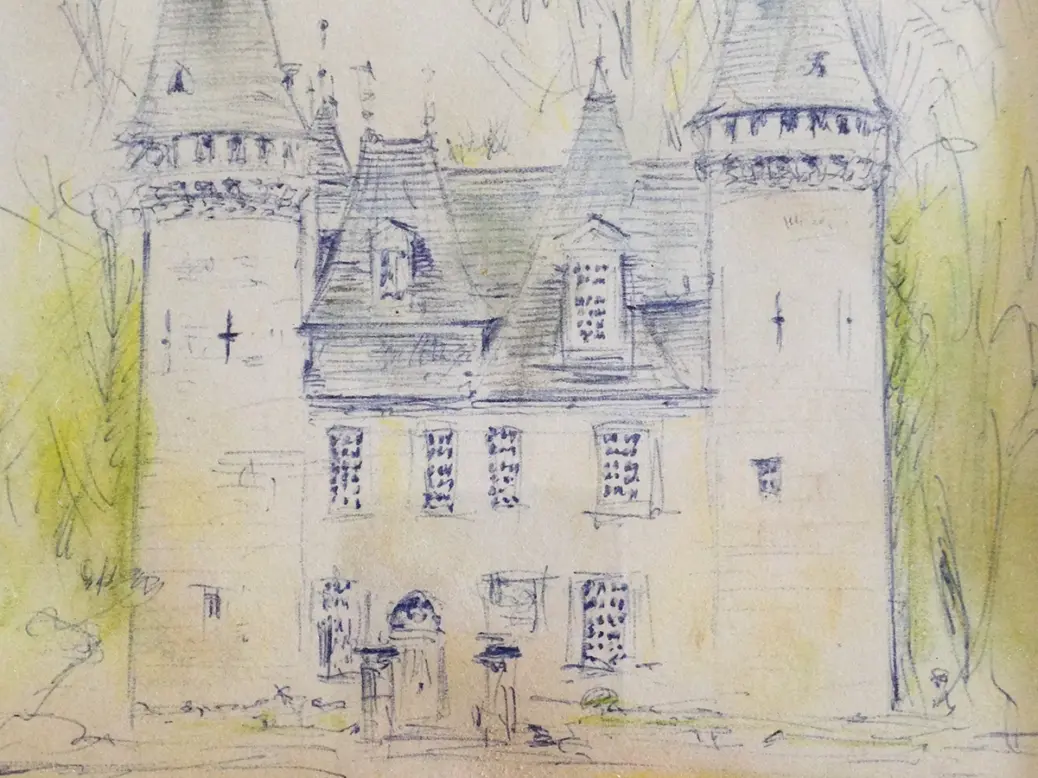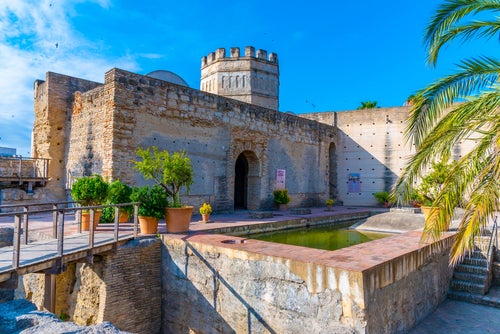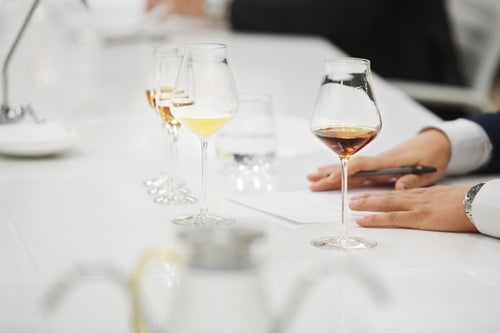
The popular view is that Mr Mountchesney was just being a towering snob when he said, “I rather like bad wine; one gets so tired of good wine.” He was a pretentious pipsqueak, it’s true—a figment of Disraeli’s vivid imagination in his strange political novel Sybil, or The Two Nations. Mountchesney was showing off among the young bloods on the eve of Derby Day at Crockford’s, a London club where the chance of a bad wine was remote.
Tired of good wine? Not me, though I do see what Mountchesney was driving at. There can be monotony in luxury—and there is always the risk that the great label, for one reason or another, turns out to be a pup. If I avoid three-star establishments, it is not (only) parsimoniousness: It is fear of disappointment. With high-status wines, the risk is all on the downside; embrace bad wine, and you might even have a good surprise.
There is another problem, though, for the collector of wines that have attained the status of luxury goods. “Collector” is the approved term; if wines were pigeons, it would be “fancier.” Luxury goods are defined, even judged, by their price. Price is largely determined by scarcity. The problem is with whom to choose to share your rare and terribly expensive bottles. Your guests’ interest is the first and most essential qualification—interest and understanding. If you have to start by explaining the 1855 Classification, it will be a long dinner. To a true member of the fancy, a mere name, a mention of Jayer or Thienpont, is enough to provoke thirst. If such ideal guests are rare, it is because, to qualify, they need bottles of similar prestige in their own cellars—and a proven enthusiasm for opening them rather them sending them to auction.
Bordeaux fanciers
You can pool the problem, as it were, by joining or starting a little club or coterie to meet on the understanding that top wines are the motive, and hopefully with top food as their accompaniment. There must be dozens of such gatherings under the radar. When I took over as editor of André Simon’s little magazine Wine & Food in 1962, “Memorable Meals” was a regular column. Many of them featured André himself and his friends, on occasion comparing pre-phylloxera wines. In the 1960s, the great vintages of the 1920s were still staples. Meals can be memorable for different reasons, though: One consisted of margarine sandwiches and cocoa on the bridge of a destroyer heading for trouble.
I have been lucky over the past 40-odd years to be part of The Bordeaux Club. Yes, the definite article felt a trifle pretentious. It was justified, perhaps, by the quality of the wines we shared. We were six in number, with an occasional guest bringing the number to seven and correspondingly adding one more to the array of wines. The club died, sad to say, in 2019. With the resignation or death in quick succession of three of our number and the impossibility, it seemed, of replacing them with friends whose cellars—and even more important, whose conversation, and fund of stories—matched the established model. The club was loosely based in Cambridge and London. The founders were Harry Waugh, a wine merchant whose memory is still alive many years after his death at 97 in 2001, and Cambridge’s rudest don—or so he styled himself—the historian Sir John Plumb.
The constant factor, the effective secretary of a club without one, was Neil McKendrick, a historian pupil and colleague of Plumb’s and for many years master of Gonville and Caius College (universally known as “Keys”). The only form of minutes the club possessed were the menus, individually produced (a few printed, mostly hand-written) by the host of each dinner, and the thank-you letters from the guests—most of whom recorded their detailed thoughts on the wine we drank at each dinner. Michael Broadbent MW, as was his punctilious wont, kept the most in-depth, most analytical, most authoritative notes of all the wines. And what wines they were! I don’t think there was a first growth of any vintage that had not passed the members’ scrutiny.
Bordeaux’s unique qualities
Neil McKendrick has now edited and brilliantly massaged the accumulated evidence of 70 years’ indulgence into book form—a book unique in recording the precise reactions of the same connoisseurs (is the term archaic? Do you have a better?) to what are commonly acknowledged as the greatest red wines on earth. You quibble: What about Burgundy? The answer is that such an exercise is only possible because Bordeaux is big; its wines are made many thousands of cases at a time. They are available, collectible, and incredibly enduring. Its truly fine wines form a reference library for decades; scores, generations of wines that have distinct and recognizable identities. No other wine region can make this claim. Its wines mature slowly, revealing more and more of their unique qualities. To appreciate these qualities and identities, though, takes patience, time, and close attention—not to mention money.
Context is important, too. There is no denying that circumstances matter. The ambience, the comfort, the food, the appropriate glasses, and above all, the company can make full appreciation possible—or not. The Bordeaux Club existed to appreciate rather than to judge. It is hard, given two or more similar objects to discuss, to avoid stating a preference. To offer a measured assessment is harder. On the other hand, pointing out strengths, weaknesses, and especially likenesses to one’s companions is just good fellowship—it is also extremely catching. When one mentions an aroma—say, of freesias or woodsmoke—the suggestion straightaway takes root. Others will adopt the image; it will become attached to the wine.
We were not analysts, but I believe we took the art of appreciation as far as we could—and far further than we could take it ourselves as individuals. In doing so, we mellowed, grew closer, and learned Bordeaux at its highest level.






